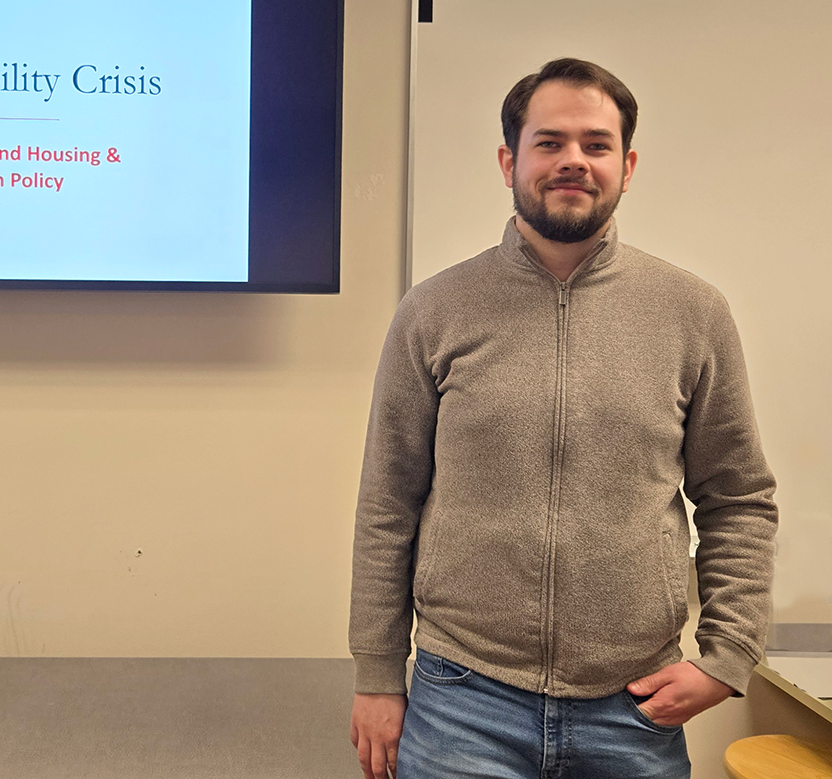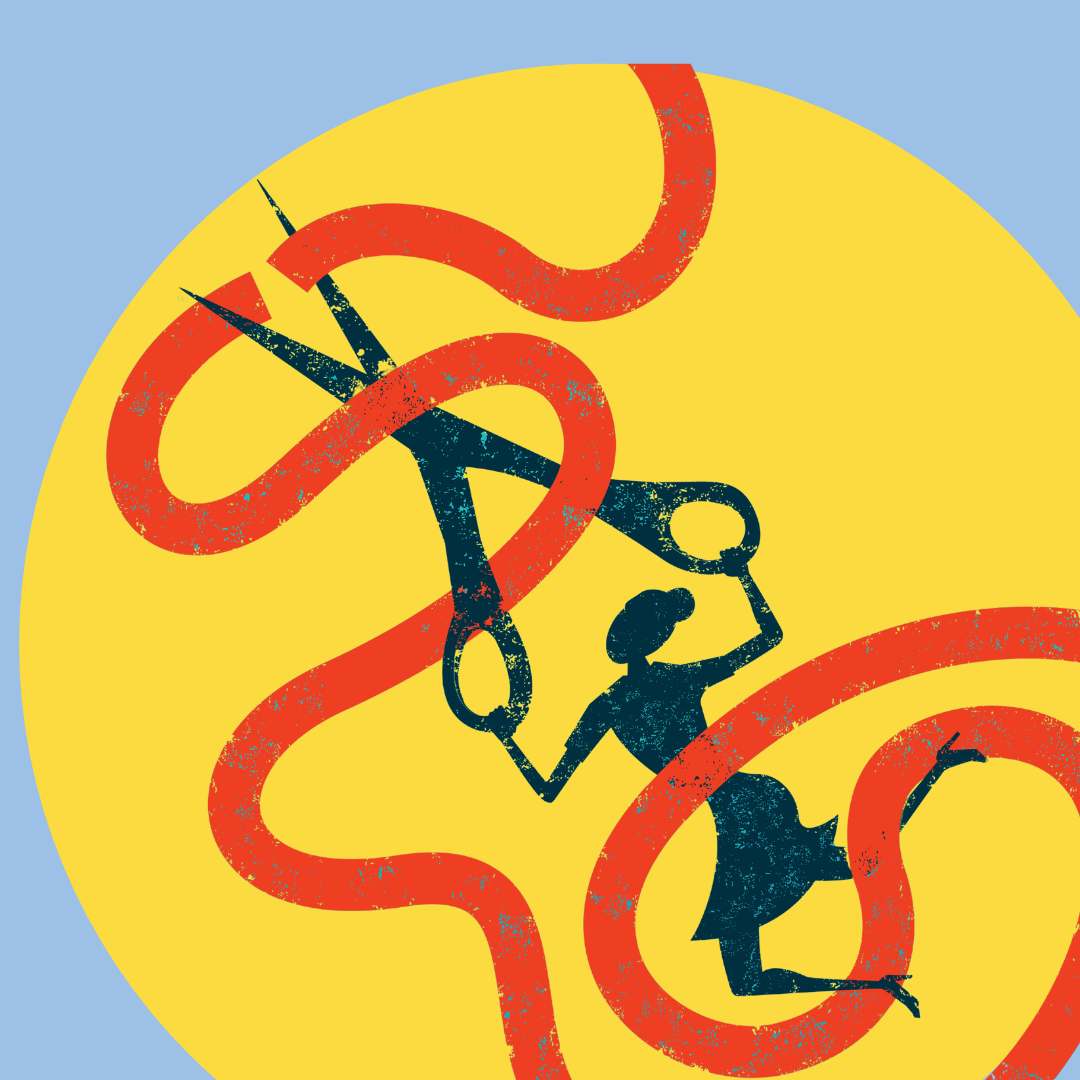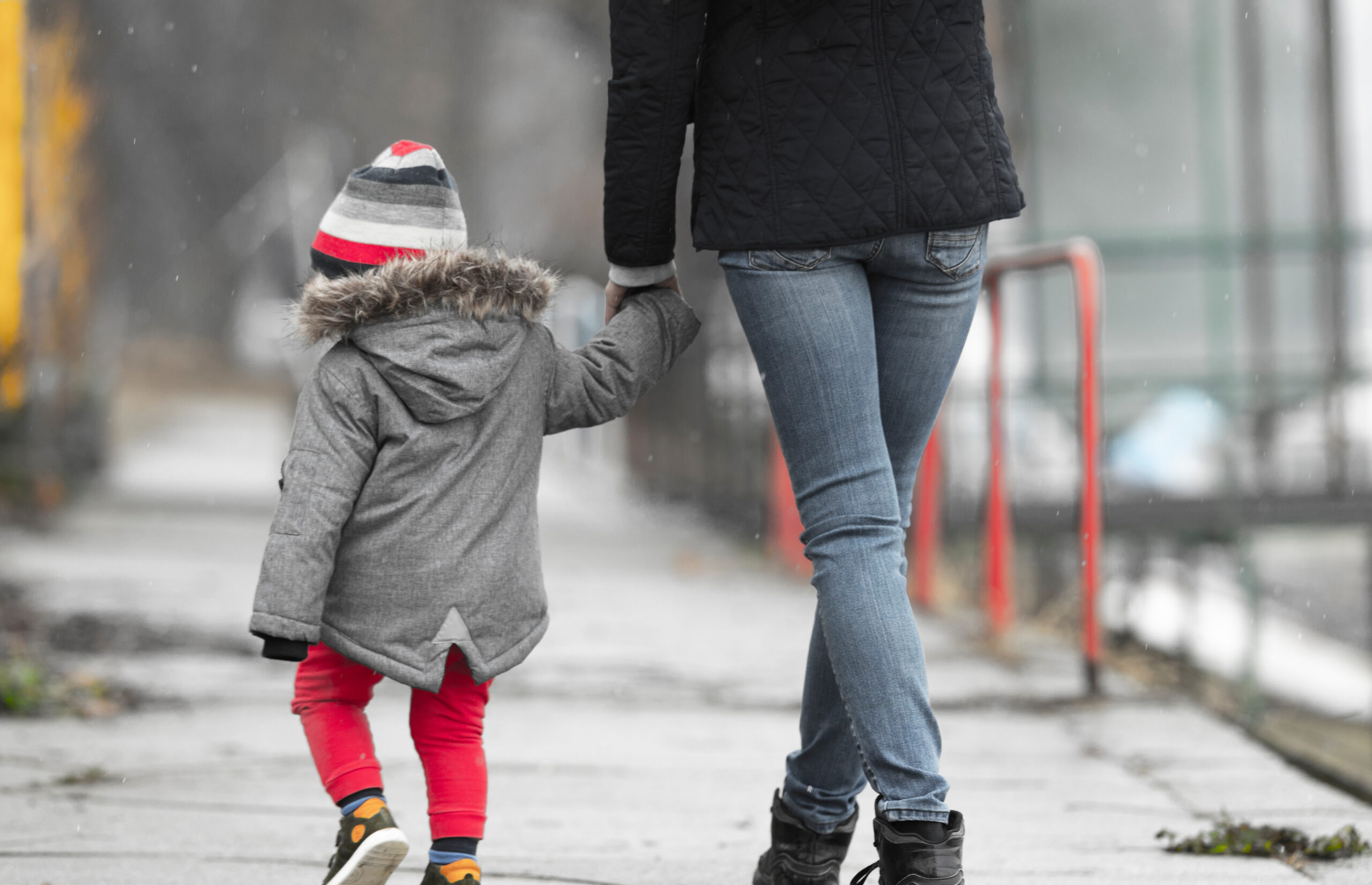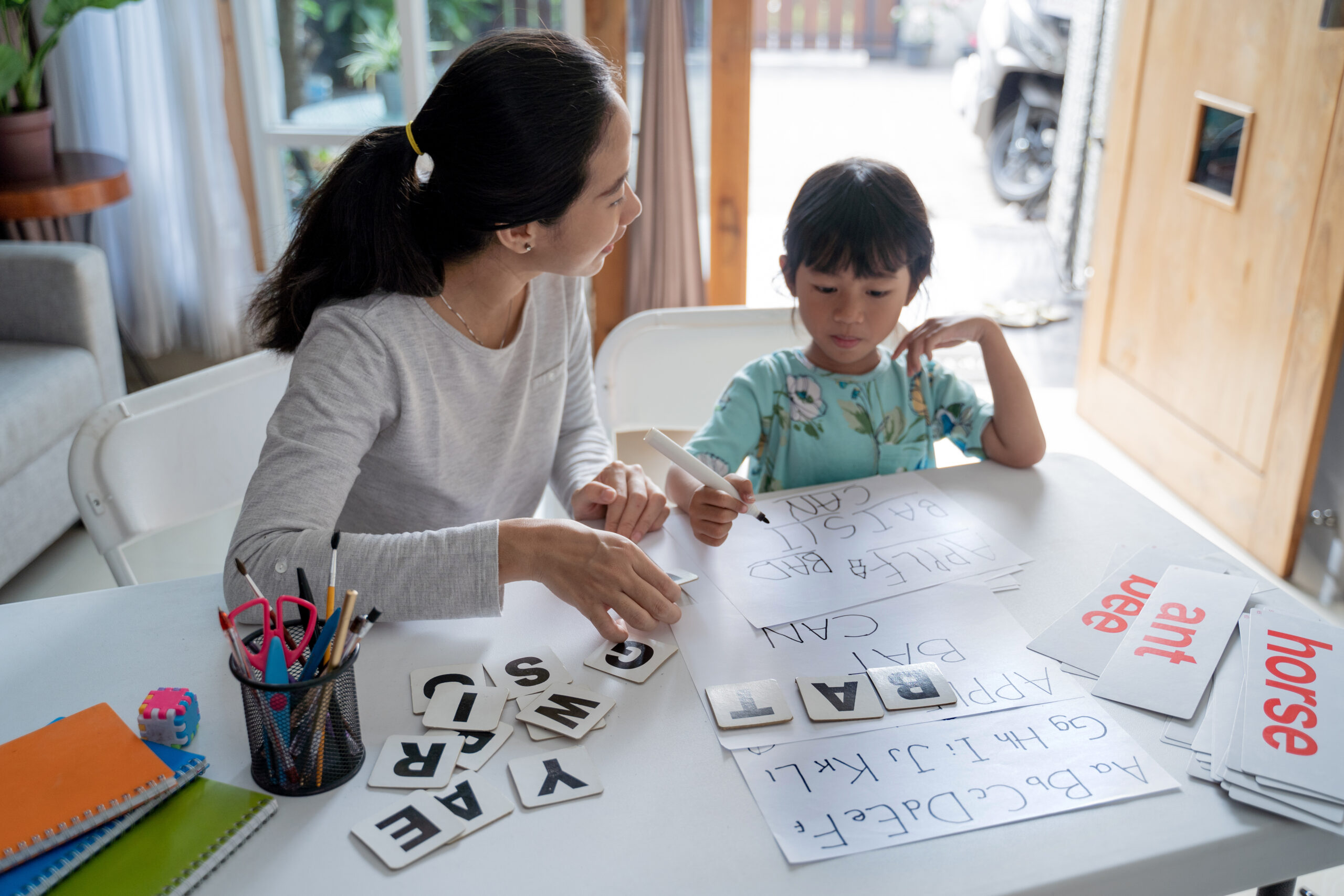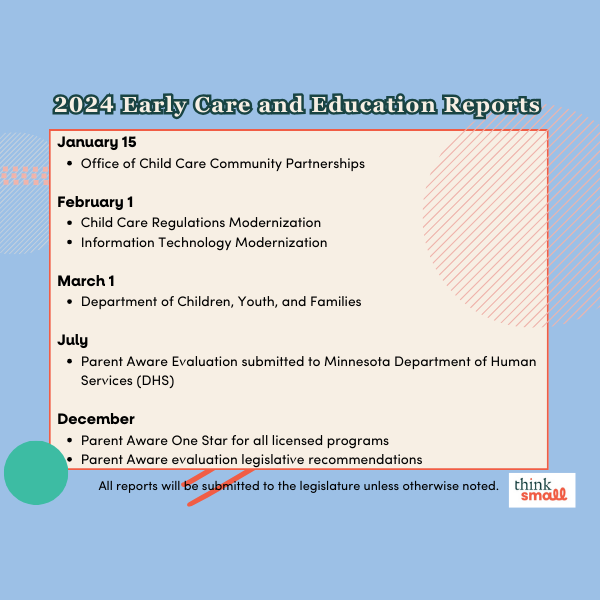History of CFS
Many early childhood advocates in Minnesota are familiar with the persistent disparities within the community between children of color and American Indian children and white children. Coupled with the devastating impacts of the ongoing COVID-19 pandemic, our community needed a solution. COVID-19 has exacerbated the structural inequities and polices for communities of color, leading to greater air and environmental toxin exposure and less access to high-quality health care. Young children who are already disadvantaged have experienced school closure and limited access to resources and facilities during the pandemic. Parents may also feel overwhelmed on how to balance their children’s wellbeing and academics. And so, the team of Voices & Choices for Children, a coalition of people of color and American Indians advocating on behalf of Black, Indigenous, and BIPOC children – launched by Lieutenant Governor Peggy Flanagan who was then the CEO of CDF-MN and St. Paul Mayor Melvin Carter who was then the Executive Director of the State Children’s Cabinet, listened to the community and created a program now known as The Community Solutions Fund for Healthy Child Development.
In the 2019 legislative session, Community Solutions was implemented in the omnibus bill creating a pilot program with state funding. The grant program, together with funds from the federal Preschool Development Grant, would award approximately $1.75 million dollars each year until 2023. Twenty-three of the awarded grantees are now working to improve three main categories: Health, Culture and Early Learning, and Parenting and Family Support for BIPOC communities.
Currently, advocates are pushing for ongoing funding as the pilot program will come to an end. Community Solutions Fund was included in the 2022 House Health Human Services omnibus bill, but the future of the program is still uncertain. Now more than ever, Minnesota must take action and support a sustainable and permanent solution.
One grantee’s story
To highlight the importance of Community Solutions Fund, one grantee speaks out on their experience and the impacts it has on their community.
The Montessori American Indian Childcare Center (MAICC) located in Ramsey County, follows the Montessori method, which believes, “the goal of early childhood education is to cultivate the child’s own natural desire to learn.” Many of the core values and practices of the Montessori method are similar to the American Indian culture and beliefs. Children at the center are cared for by American Indian staff members, exposed to their native language, and have the opportunity to share and listen to oral stories. MAICC also provides a language kit that includes the Ojibwe and the Dakota language materials for children and families. This creates a strong cultural self, starting in early childhood. In many ways, they are balancing traditional parenting practices and basic early learning development methods.

MAICC’s project, “American Indian Prenatal to Three” hopes to improve the academic achievement gap for American Indian children through language and culture with Community Solution’s funding. Serving families with children up to age three, the center established a home visiting program for this project. In addition to that, the program is creating community Talking Circles, allowing families and parents to give their input on what should be included for future services.
Janice LaFloe, Director of MAICC, was one of the many who helped to develop this project. Although the team at MAICC already had experience with state grants, they recognized there was still a need in their community. When they heard about Community Solutions, it was the perfect opportunity to further support families in need. LaFloe says, “We saw it is a need to be met as this grant opportunity came up. It made perfect sense. Sometimes things line up in a perfect way. I am a firm believer in our capacity to understand our regular and ongoing needs and lining them up when grant opportunities come along.” Since the center was already well-established, staff realized that over half of the families they were serving have younger children at home. The center hoped to provide additional parenting support for those who have children in these earliest years.
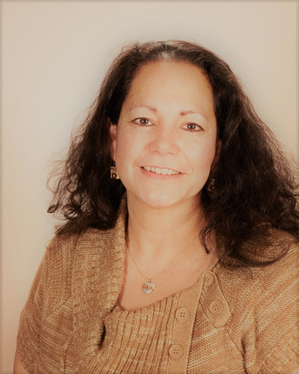
Janice LaFLoe- Director of MAICC
COVID’s impact
It’s no surprise that the pandemic has taken a toll on everyone, and MAICC was not immune to that. With the hopes of having a home visiting program for the project, plans were diverted as in-person options were limited. Although things did not go as planned, MAICC showed resilience and flexibility in their work as they created new ways to engage their community. Through a hybrid method, they redefined what home visiting actually meant. With intentional connecting, they have communicated their services through multiple media such as texts, emails, phone calls, and more. The team has also transitioned their prenatal to three workshops to be virtual to create flexibility for families. Because of this transition, MAICC was able to engage families in rural and greater-metro Minnesota. Their main focus was to have social support and input from their community members, which has been successful so far.
Moving forward, MAICC hopes to transform this pilot project to a regular set of services. Along with the families they are currently serving, LaFloe states the center would like to support the expanded population but will need a more sustainable funding source. As they come to the last year of the grant, they will consider what is working and what is not to create a regular set of services that will best fit the needs of their community.
By Quynh Nhu Dao, Todd Otis Public Policy Intern

